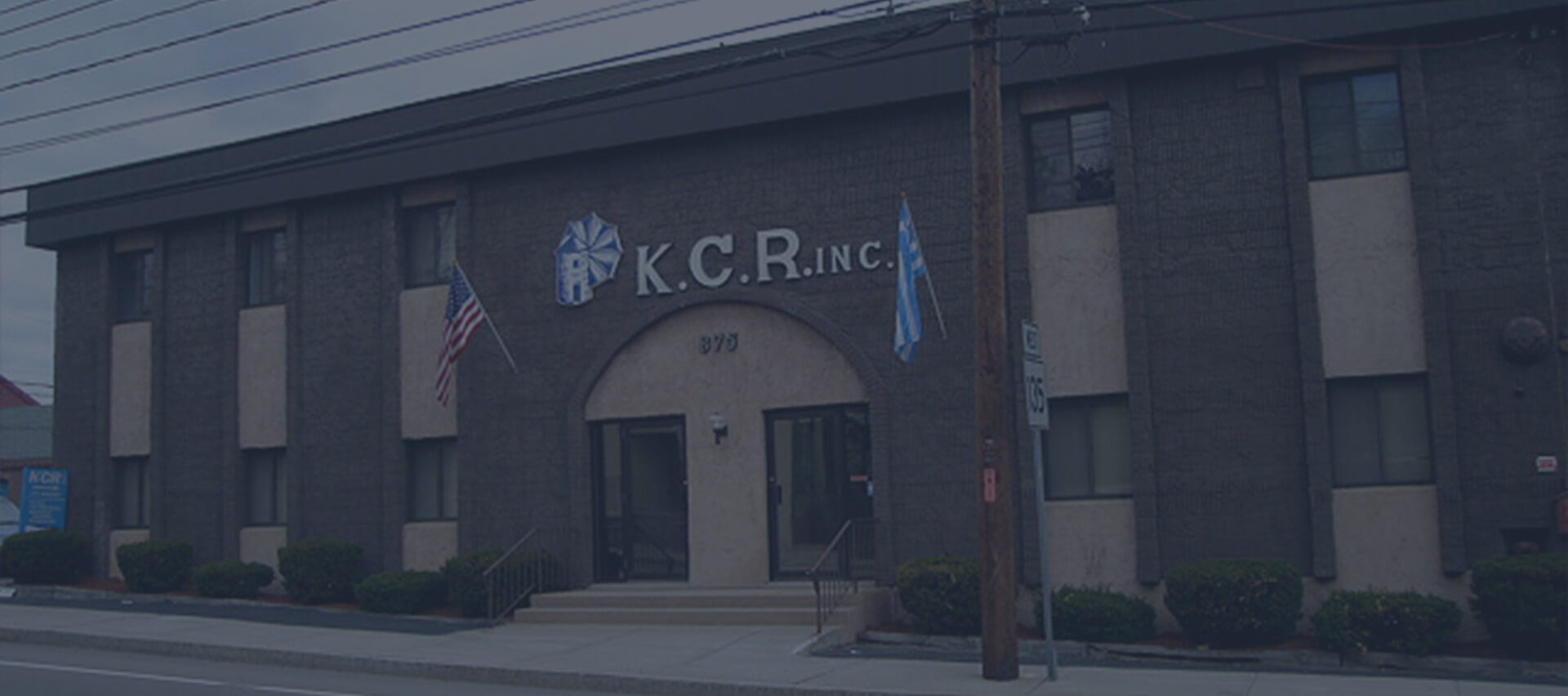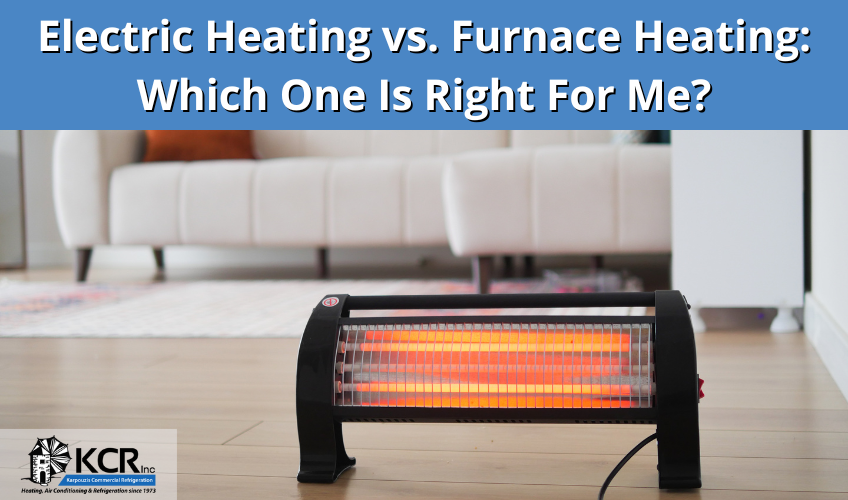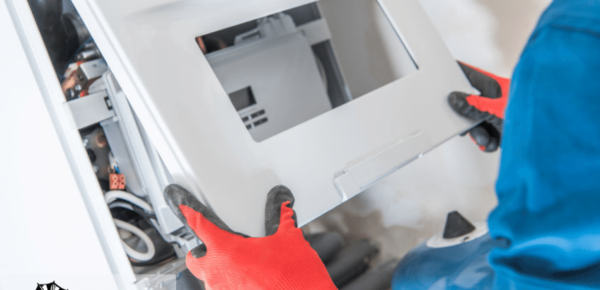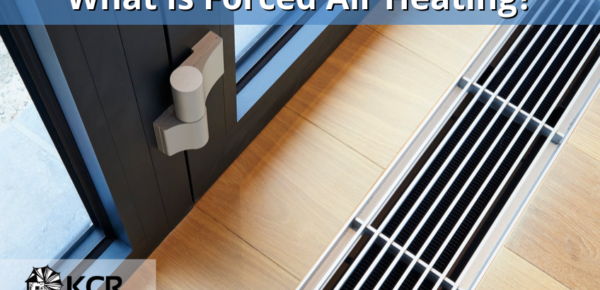Electric Heating vs. Furnace Heating: Which One Is Right For Me?
Choosing the right heating system for your home or business isn’t just about comfort—it’s about efficiency, safety, and long-term savings. With colder months hitting hard in New England, it’s essential to have a system you can count on. But should you go with traditional furnace heating, or is electric heating a better option for your space?
Each system has its pros and cons, and your decision will depend on several factors—climate, building size, budget, and how much control you want over your indoor temperature. Today’s homeowners and business owners also have newer, more flexible options to consider, like Mitsubishi mini split systems, which offer zoned comfort without the need for ductwork.
In this blog, we’ll break down the differences between electric heating and furnace heating, compare them for residential and commercial applications, and help you decide which system makes the most sense for your space. Whether you’re building from scratch, replacing outdated equipment, or just weighing your energy options, this guide will give you the clarity you need to move forward with confidence.
What We’ll Cover:
- Electric heating
- Furnace heating
- Residential heating
- Commercial heating
- HVAC maintenance
- Mitsubishi mini splits
- Key takeaways
What Is Electric Heating?
Electric heating refers to any heating system that uses electricity as its primary energy source. Unlike fuel-based systems, electric heaters convert electrical energy directly into heat. That makes them relatively simple and efficient at the point of use. Common types include electric baseboard heaters, radiant floor systems, wall-mounted panels, and modern Mitsubishi mini split units.
For residential heating, electric systems are often favored in smaller homes, apartments, or additions where ductwork isn’t practical. They’re easy to install, require minimal maintenance, and don’t produce on-site emissions. As a result, they’re an appealing choice for eco-conscious homeowners. Mitsubishi mini splits, in particular, provide powerful zoned heating with impressive energy efficiency, ideal for homes looking to cut down on heating costs without sacrificing comfort.
On the commercial heating side, electric systems can be a solid solution for smaller offices, server rooms, retail spaces, or buildings where installation flexibility and quiet operation matter. However, because electricity tends to be more expensive than natural gas in Massachusetts, electric heating may be more costly to operate in larger commercial facilities unless paired with energy-efficient technologies like heat pumps or demand-based control systems.
Still, electric heating systems offer fewer moving parts, reducing the need for frequent heating repair. For buildings focused on safety, simplicity, and cleaner energy sources, electric heating can be an excellent fit—especially when backed by the right planning and support.
What Is Furnace Heating?
Furnace heating systems are among the most common types of heating in the United States, especially in colder climates like New England. These systems generate heat by burning fuel—typically natural gas, propane, or oil—and then distribute the warmed air throughout a building via ductwork. This process is commonly known as forced air heating, and it’s a staple in both residential and commercial heating applications.
For homeowners, furnace heating systems offer fast, consistent warmth that can be scaled to accommodate any size house. They’re ideal for larger homes with existing ductwork and are often more affordable to operate in areas where natural gas is cheaper than electricity. Many newer models boast high-efficiency ratings and compatibility with smart thermostats, making them more energy-conscious than older units. However, because they burn fuel, regular maintenance and heating repair are essential to keep them operating safely and efficiently.
In commercial heating environments—like offices, restaurants, and retail spaces—furnace systems provide the power and coverage needed for larger areas. They can integrate easily with existing HVAC systems and provide reliable performance, especially in extreme cold. Still, these systems do require more significant upfront investment and ongoing upkeep, including filter changes, burner inspections, and venting maintenance.
While not as compact or flexible as a Mitsubishi mini split, furnace systems are time-tested, durable, and powerful—making them a trusted solution when robust, whole-building heating is the priority.
Is Your Heater Working At 100%?
Residential Heating: Comparing Electric vs. Furnace Systems
When choosing between electric heating and furnace heating for your home, several factors come into play—efficiency, cost, comfort, and flexibility.
Electric heating systems, like baseboard heaters or Mitsubishi mini splits, offer quiet operation, easy installation, and room-by-room control. Mini splits are especially popular among homeowners who want targeted heating without the need for ductwork. These systems are ideal for smaller homes, additions, or older properties where retrofitting ducts would be expensive. They also shine in terms of energy efficiency, as they convert nearly all electricity into heat and offer advanced climate zoning features.
On the other hand, furnace heating systems—especially those powered by gas—typically provide faster and more powerful whole-home heating. If your home already has ductwork, upgrading to a high-efficiency forced air furnace might be a more cost-effective route. However, these systems rely on combustion, which means more frequent heating repair and maintenance are required.
In short, electric heating systems like Mitsubishi mini splits are better for homes seeking energy-efficient, customizable solutions. Meanwhile, furnace heating may be ideal for homeowners prioritizing speed, power, and compatibility with existing infrastructure.
Commercial Heating: Performance and Cost Considerations
For business owners, the choice between electric heating and furnace heating often comes down to performance demands, installation logistics, and long-term operational costs.
Electric heating systems—especially modular solutions like Mitsubishi mini splits—are gaining popularity in commercial spaces like offices, retail stores, and restaurants. Their ductless design allows for zone heating, which can reduce energy waste in areas that are unoccupied or have varying temperature needs. They also offer lower upfront installation costs in buildings without existing ductwork and require less frequent heating repair over time.
That said, larger commercial buildings often benefit from furnace heating systems, particularly those that use natural gas or propane. These forced air systems can deliver higher heating volumes quickly and evenly throughout large, open spaces. For businesses that already rely on centralized ductwork, upgrading to a high-efficiency furnace may provide a better return on investment in the short term.
Ultimately, the decision hinges on your building’s layout, energy goals, and maintenance capacity. While furnace systems may offer brute heating power, electric heating solutions like Mitsubishi units provide flexibility, efficiency, and quieter operation—ideal for businesses prioritizing comfort and control.
Learn How KCR Can Lower Your Energy Bills
Everything You Need to Know About Efficiency and Maintenance
When weighing electric heating against furnace heating, efficiency and maintenance are two of the most important factors for long-term comfort.
Electric heating systems, such as Mitsubishi mini splits, are known for their high energy efficiency. Because they don’t rely on combustion, there’s no heat loss through flue gases. Advanced models can achieve efficiencies over 300% thanks to inverter technology. Maintenance is minimal: filter cleaning, annual inspections, and occasional coil cleaning are usually all that’s required. Mitsubishi units also provide both heating and cooling, reducing the need for separate systems.
Furnace heating systems can be more efficient in extremely cold climates, where electric systems might need backup heat. However, traditional furnaces often lose efficiency over time, especially without regular upkeep. Maintenance includes filter replacements, burner inspections, duct cleaning, and safety checks to prevent hazards like carbon monoxide leaks. If neglected, furnace systems can require more frequent heating repair and result in uneven heating or reduced airflow.
For both homes and businesses, choosing a system that aligns with your usage patterns can make a big difference. And with expert installation and service, either option can run reliably for many years.
The Mitsubishi Mini Split Option
For those seeking a flexible, energy-efficient solution, the Mitsubishi mini split stands out. These electric heating systems offer zoned comfort, allowing you to control temperatures in individual rooms. That flexibility is ideal for both residential and commercial spaces. With no ductwork required, installation is easier and more versatile, especially in older buildings or additions. Mitsubishi units are also known for their quiet operation, reliable performance, and industry-leading warranties. As a furnace heating alternative, mini splits provide both heating and cooling year-round. With minimal heating repair needs, they’re a smart investment for comfort and efficiency.
Key Takeaways
-
Electric heating offers ease of installation, zoned control, and lower upfront costs but may have higher long-term operating expenses in colder climates.
-
Furnace heating is powerful and effective for whole-home or large building heating but comes with ductwork, maintenance, and fossil fuel considerations.
-
In residential heating, your home’s layout, energy source availability, and insulation play major roles in determining the best system.
-
For commercial heating, system size, energy efficiency, and uptime are crucial—unexpected downtime can cost your business.
-
The Mitsubishi mini split system provides an excellent alternative with flexible installation, efficient operation, and low heating repair needs.
-
No matter which option you choose, regular maintenance for your heating systems is essential for long-term performance and savings.
Reach out today for expert advice, installation, and maintenance you can count on—because comfort shouldn’t be complicated.
Available for 24/7 Emergency Heater Repair
THE HOME HEATING SYSTEM EXPERTS
Your HVAC solutions should work for your exact needs. For nearly 50 years, KCR has provided homes and businesses with peace of mind and temperature control. We’re proud to serve our customers efficiently and flexibly in residential and commercial heating repair.
You can also follow us on Facebook for exciting clean heating updates and promotions!







